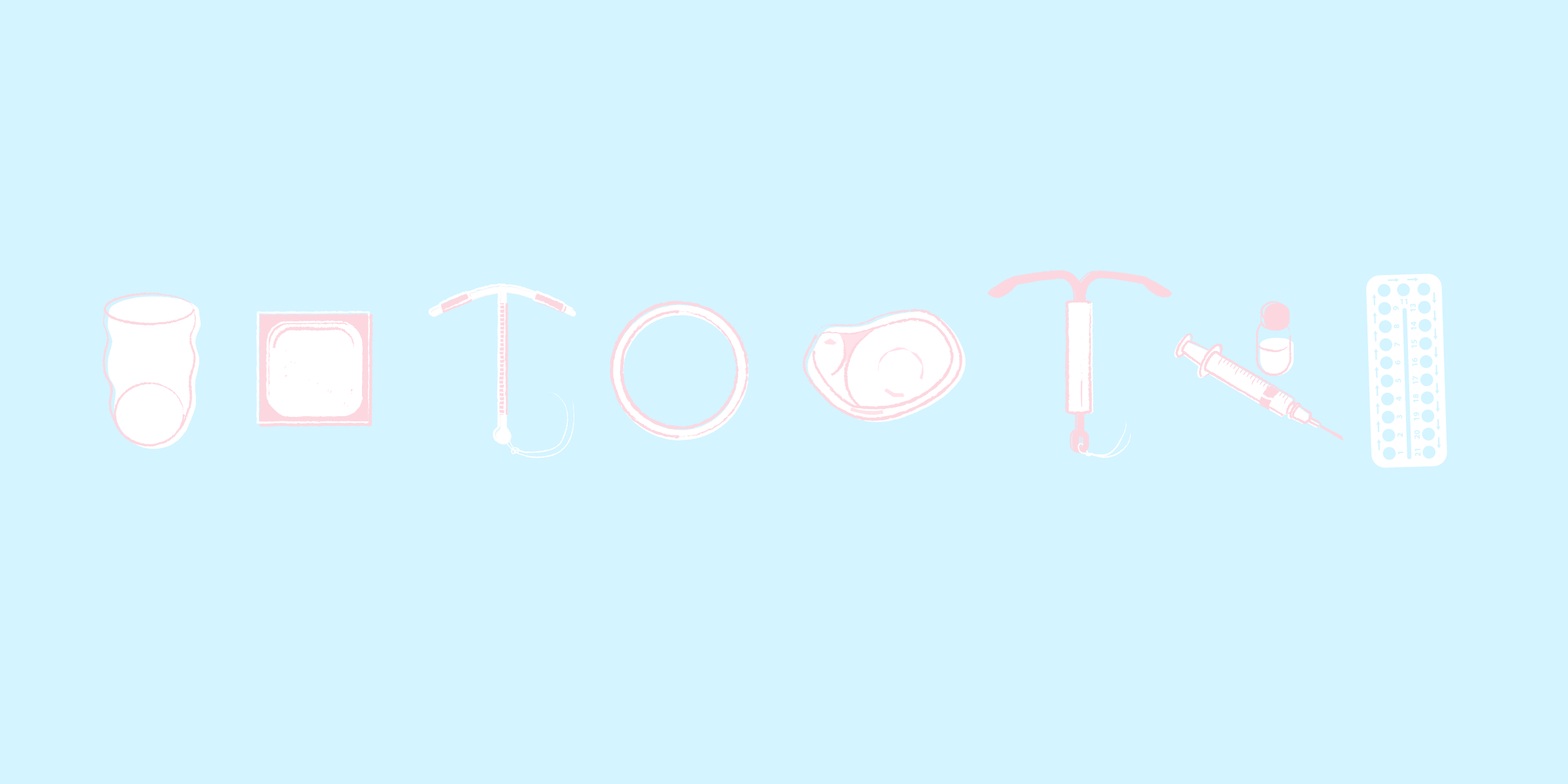Key Takeaways
- Only after a year of unsuccessfully trying to become pregnant do doctors advise you begin looking for causes.
- A lack of ovulation, stress, the sperm quality of the man: An unfulfilled desire to become pregnant can have many causes.
- If you know when your fertile window is, you can probably fulfill your desire to become pregnant more quickly.
Are you trying for a baby, but somehow things aren’t working out? It usually takes three to twelve cycles for a woman to get pregnant from regular sex. Regular sex means having sex every day during the fertile phase (6 days around ovulation) to increase the chance of conception.
It takes a third of women over a year to get pregnant. Doctors advise women up to the age of 35 to wait about a year before trying to conceive by other means. Women over the age of 35 who want to have children are advised to see a doctor and have their reproductive health checked after six months of infertility.
We summarize the most likely reasons why it might be taking longer than expected to work.
No ovulation in the cycle
First of all, you should time the fertile days of your cycle well. Due to the lifespan of sperm and your ovulation, only five to a maximum of six days per cycle are considered fertile.
The most likely time for pregnancy is the two days before and exactly at ovulation. Ovulation tests can help you avoid missing this brief window. They detect the increase in the hormone LH (luteinizing hormone), which is highest about 24 hours before ovulation.
If ovulation cannot be detected despite using an ovulation test and the Ovy App, you should seek advice from a doctor. A blood sample can be taken to check retrospectively whether ovulation has occurred and what the quality of the ovarian follicle was.
Fertility decreases from the age of 25
Biological age plays a critical role in a woman’s fertility. Women experience peak fertility between the ages of 20 and 24. The older they get, the more the probability of becoming pregnant decreases, while the probability of infertility increases at the same time.
At age 35, the female body is only half as ready to conceive as it was at age 25. From the age of 40, the risk of malformation increases and complications such as high blood pressure and gestational diabetes can occur. About one in three pregnancies at this age even ends in miscarriage.
Vitamin deficiency
Improper diet can also have an impact on whether pregnancy occurs. Ensuring you get sufficient zinc, vitamin B and vitamin D is also recommended, as these substances all promote the production of important hormones.
Consuming alcohol and smoking can stand in the way of pregnancy and should be avoided. This applies to both the male and female participant!
The B vitamin folic acid is considered the pregnancy vitamin par excellence. But it’s not only during pregnancy that you should aim to get sufficient intake; it’s also important when trying to conceive. It may be that your body has too little folic acid reserves, especially if you’ve recently been taking the pill.
Male sperm quality
If it doesn't work out, your partner should also consult a doctor. Sperm quality is of course a decisive factor when it comes to getting pregnant, and in about 40 percent of cases the problem in fact lies with the man.
The key role of the thyroid
Whether you have an underactive or overactive thyroid, it is often an overlooked factor that reduces your ability to conceive. According to experts, ten percent of unintended childless women are affected by a thyroid disorder.
However, this can be easily remedied by the targeted addition of thyroid hormones. We advise you to have your thyroid values checked by your gynecologist. Tell them that you wish to have a child and have your thyroid “adjusted” with medication if necessary.
Stress
Stress can also have a negative impact on baby planning. Women with high levels of alpha-amylase (a stress hormone) have a nearly 50 percent lower chance of getting pregnant than women with low stress levels. But don't worry: It’s only when stress is exceptionally intense and lasts for a long period of time that it interferes with hormone balance.
Recognizing your fertile days – a key factor on your journey to becoming pregnant
On the path to natural pregnancy, it is important to know when a woman’s fertile days are. With the symptothermal method this is quite simple.
You might also be interested in these articles
Kinderwunsch
Reproduktionsmediziner Dr. Löbbecke beantwortet die wichtigsten Fragen zur Fruchtbarkeit6 Min. Lesezeit





